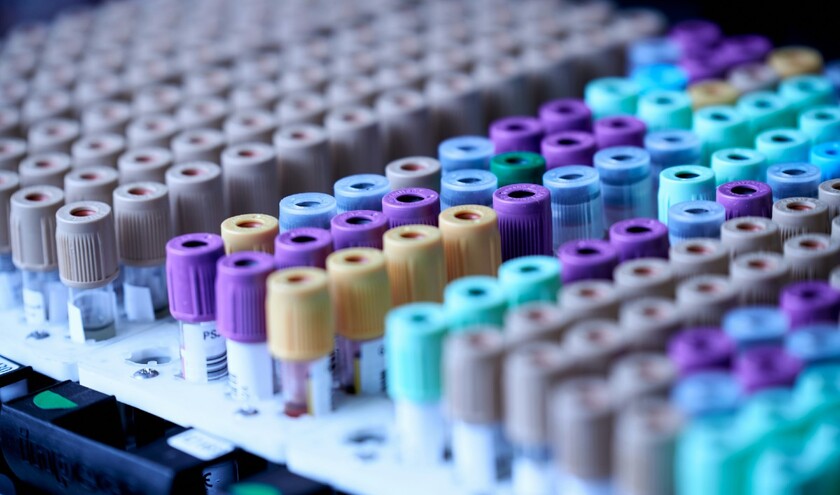RNA therapies reprogramme immune cells or tumour cells, teaching the body how to shut down illnesses, like certain types of cancer, more effectively. They are quicker to develop and much more accurate than traditional medicines.
The UK RNA Biofoundry, to be based in Darlington, will help UK scientists and businesses working in this area of medicine get their ideas onto the market sooner – helping to ensure the NHS is built for the future.
The new biofoundry will act as a high-tech workshop for manufacturing RNA materials affordably, quickly and to the necessary clinical standard. It will also be able to switch to vaccine production should circumstances require, bolstering the UK's pandemic resilience.
Science minister Lord Vallance said: ‘This new biofoundry will accelerate the journey RNA therapies take from labs to the markets, to give our innovators the best opportunities to turn their great ideas into the lifesaving treatments for our NHS patients, and faster.
‘It is a huge step forwards in delivering our Life Science Sector Plan, and will help us attract further backing for high-value British manufacturing that will drive growth in all parts of the country, including the North-East.'
Health minister, Stephen Kinnock, said: ‘This investment is exactly the kind of approach that will pull our health service into the 21st century.
‘RNA therapies hold extraordinary promise for patients battling some of our most devastating diseases – from cancer to cardiovascular conditions that claim far too many lives each year.'
Wider work is also underway to increase access to mRNA therapies for the benefit of NHS patients and the British economy. The government's strategic partnership with BioNTech aims to provide up to 10,000 UK patients with personalised cancer immunotherapies by 2030, either in clinical trials or as authorised treatments.



